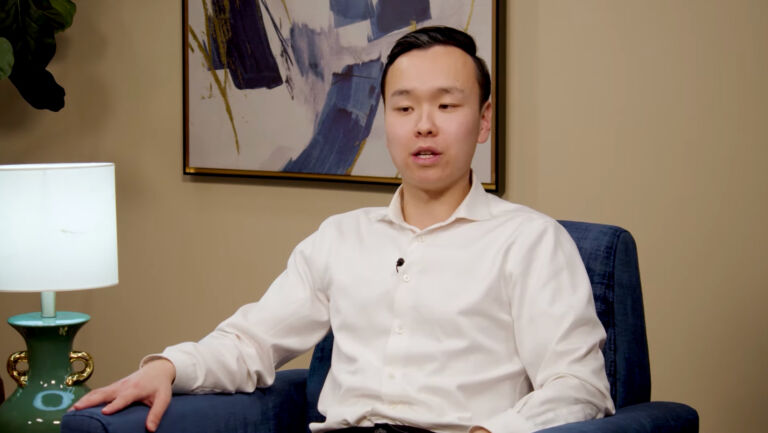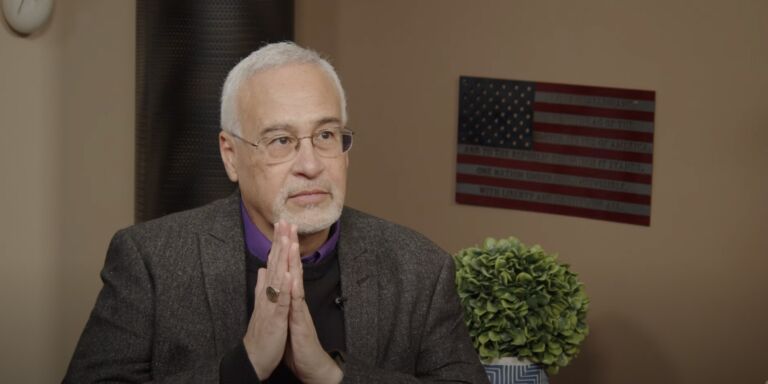Zach Kessel writes for National Review Online about a free-speech group’s focus on North Carolina’s flagship public university.
The University of North Carolina is the latest addition to the list of institutions of higher education facing scrutiny over their handling of campus Students for Justice in Palestine (SJP) chapter.
Campus free-speech advocacy group Speech First filed a complaint on January 31 with Jonathan Sauls, senior associate vice chancellor of student success and administration at UNC, alleging that the university’s SJP chapter violated both state law and university policy by obstructing the ability of two guest speakers — Duke University professor and former New York Times columnist Frank Bruni and Free Press founder Bari Weiss — to participate in an event held on January 22.
Ahead of the engagement, the campus SJP chapter posted on X that “Bari Weiss and her lies are NOT welcome on campus” and advertised a “walkout.” The text of the advertisement included lines describing Weiss as someone who “frequently reviles intersectionality, solidarity politics, anti-Zionism, pro-Palestinian voices, and any functional critique of Israel.”
As a video of the event posted on YouTube demonstrates, SJP members stood up and chanted “Bari, Bari, you can’t hide; you’re committing genocide” while slowly walking out of the venue. According to a written account of the event, some of the activists stayed outside the auditorium’s doors and heckled the audience as the room emptied following the panel.
A Speech First press release notes that “the event was brought to a standstill for several minutes until the students — who were warned that they were violating the Campus Free Speech Act — were removed from the room by campus security.”
The Campus Free Speech Act, signed in 2017, includes language requiring colleges and universities to sanction any student, faculty, or staff member who “substantially disrupts the functioning of the constituent institution or substantially interferes with the protected free expression rights of others,” meaning that exercising the “heckler’s veto,” as it is known, is legally prohibited.


